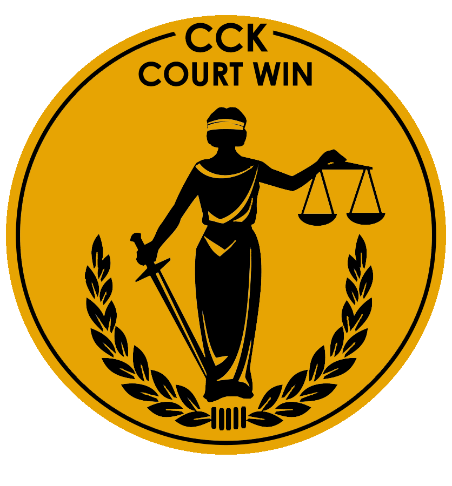CCK Successfully Argued for Earlier Effective Date for TDIU

CCK Law: Our Vital Role in Veterans Law
Summary of the Case
The Veteran served honorably in the United States Army from May 1967 to January 1969 in Vietnam as an infantry indirect fire crewman. In October 1990, he was granted service connection for post-traumatic stress disorder (PTSD) and assigned a 30 percent disability rating effective June 1990. This evaluation was later increased to 50 percent in December 2005. Since then, the Veteran has appealed for a higher rating on several occasions. In October 2005, the Veteran attended a VA examination in which he reported trouble focusing at work. However, he noted that “his boss was lenient as he would leave certain things on the job undone” and that his boss would largely leave him alone. Four years later, the Veteran reported losing his job, but then returning less than a year later. Upon his return to work, the Veteran “expressed gratitude toward his current employer who kept him on despite the fact that he was not really doing his job.”
In June 2013, the appellant’s friend and employer submitted an affidavit describing the appellant’s work performance and accommodations. His employer noted that he “could easily get another guy to come and do his job more efficiently, but he knows the appellant has issues,” and if the Veteran was not his friend, he would not keep him on as an employee. In the following month, a VA psychiatrist noted that the Veteran’s PTSD symptoms severely limited his ability to work with others, and that the Veteran was only employed because of his childhood friend tolerating these symptoms. Finally, the Veteran also underwent an interview and vocational assessment in which the expert opined that he was at least as likely as not precluded from securing substantially gainful employment since at least 2005. Despite all of the favorable evidence, the Board denied an earlier effective date for TDIU.
Board Denies Earlier Effective Date for TDIU
In July 2018, the Board issued a decision denying entitlement to TDIU prior to June 2013. In its decision, the Board found that throughout the period before June 2013, the Veteran was substantially gainfully employed, and was performing work that was not sheltered or marginal. Specifically, the Board relied on both the U.S. Department of Labor and Social Security Administration’s definition of a “protected work environment” in which employment must be for a purely therapeutic or charitable purpose. As a result, the Board determined that the Veteran’s work was not in a protected work environment because it did not meet this definition and his earned income exceeded the poverty threshold.
CCK Appeals to the CAVC
CCK successfully appealed to the Court of Appeals for Veterans Claims (CAVC) the Board decision that denied entitlement to TDIU prior to June 2013. CCK argued that the Board erred in a number of ways, including the following:
- The Board overlooked that the Veteran was employed out of charity from his employer;
- The Board improperly used only a portion of the definition for a “protected work environment”;
- The Board conflated the two forms of marginal employment; and
- The Board used the incorrect date of the Veteran’s claim.
Court Agrees with CCK, Remands Veteran’s Claim
CCK argued, and the Court agreed, that the Board’s definition of a “protected work environment” was inconsistent with the regulation. The Court stated that the Board (1) found that the Veteran met the criteria for his disability rating throughout the period on appeal, (2) acknowledged the vocational consultants’ finding that the employer’s accommodations were ones that most employers would not tolerate; and (3) recognized that the Veteran’s employer was keeping him employed out of friendship. The Court then noted that “it is unclear what else would be necessary for the Veteran to meet VA’s definition of a protected work environment under any standard.” As a result, the Court determined that remand is required for the Board to provide an adequate statement of reasons or bases for its protected work environment standard.
About the Author
Share this Post
